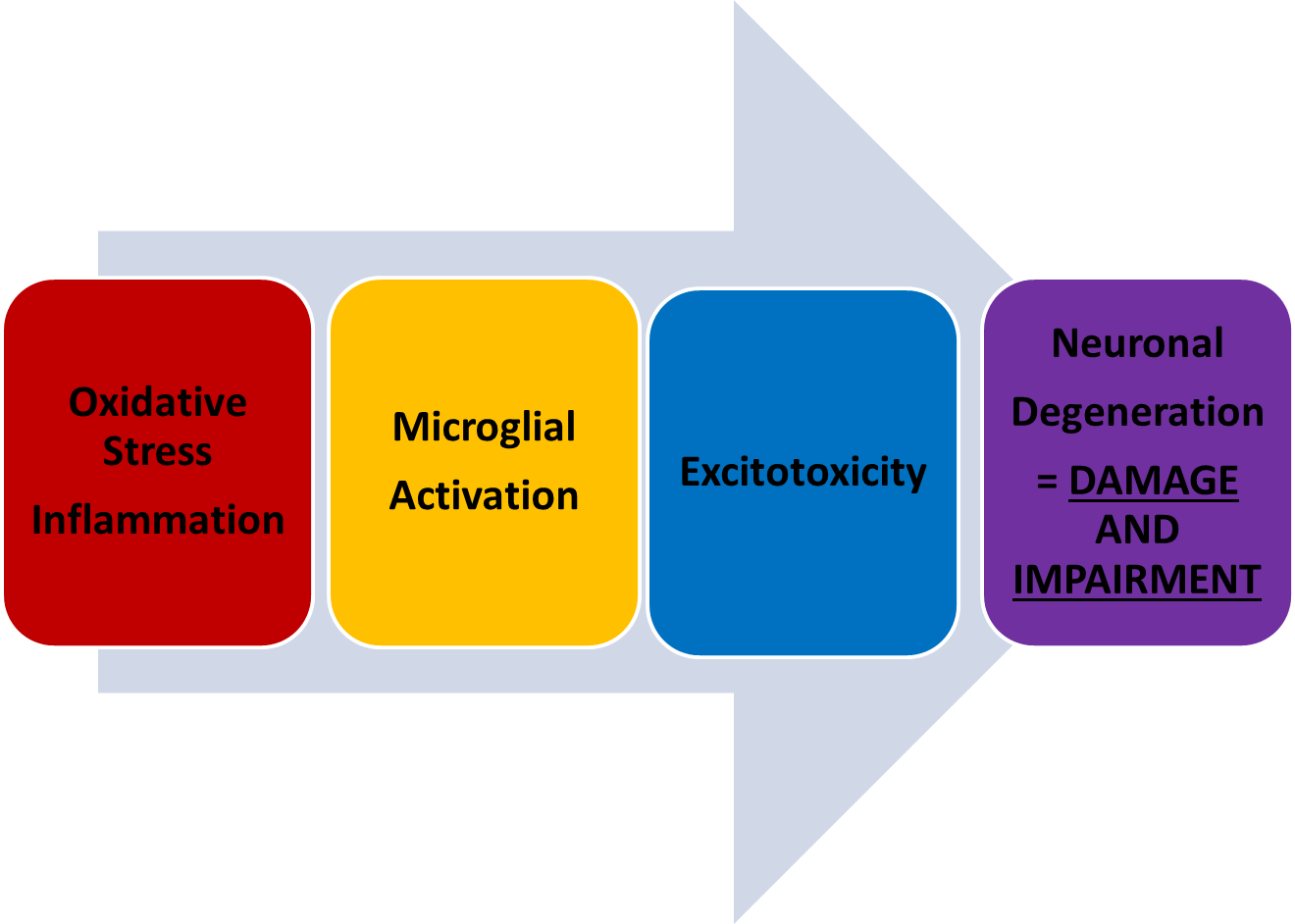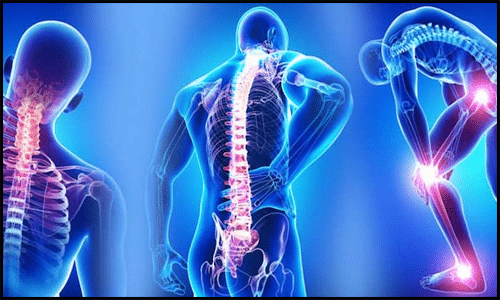Glutathione is important in the biomedical treatment of autism for four main reasons:
Firstly glutathione acts as the body’s master antioxidant. Secondly, it plays a central role in detoxification of harmful substances. The third reason emerges from the latest research on glutathione regulating immunity and autoimmunity. Lastly, this key antioxidant also manages the brain chemical glutamate.
What is glutathione?
Glutathione (GSH) is the body’s master antioxidant made from amino acids L-cysteine, L-glutamic acid and glycine. Amino acids are protein building blocks and antioxidants protect cells from damage and/or death caused by free radicals. Free radicals are created when the body encounters a toxin like lead, and tries to neutralize it to prevent damage to cell structures, like the cell membrane. Glutathione is a major intracellular antioxidant and as a result plays a critical role in regulating the oxidative status inside the cell.
Glutathione’s role as an antioxidant:
Research has identified that in autism, glutathione status is significant. For instance, in some cases up to 80% of this important antioxidant has been depleted resulting in higher levels of what is called “oxidative stress”. Without sufficient glutathione free radicals can not be neutralized inside the cell and as a result cell membranes are damaged and inflammation leads to mitochondrial impairment. To clarify, glutathione plays a major role as an intracellular antioxidant, which dictates the “redox” status of the cell. The “reduction” or neutralization of free radicals is essential to cell functioning. Oxidative stress is the result of free radicals that outnumber antioxidants. Thus the term “redox” status reflects the reduction, oxidative stress balance in the cell. When free radicals surpass glutathione’s ability to reduce, the redox status is altered leading to oxidative stress which then leads to inflammation and a cascade called the cell danger response.
Furthermore, recent research has identified the role of greater oxidative stress in children diagnosed with autism and that using antioxidants can help improve symptoms of autism. Using glutathione in addition to the building blocks that make glutathione, in the treatment of autism symptoms helps to reduce oxidative stress and inflammation leading to improved sensory integration and reduction in self-injurious, repetitive and aggressive behaviours.











